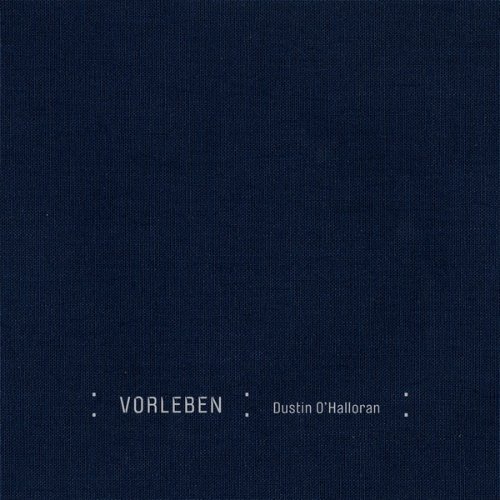If you’re not a huge fan of piano music and have never been to concert where the musician plays nothing more than a glorious polished Steinway for an hour or so, you could initially be forgiven for thinking it wouldn’t be the most intense live musical experience. But what might read as nothing more exciting than a more professional version of a sibling’s piano recital on paper can actually be one of the most dramatic and personally affecting evenings of your life. For a selected few people who were at the Grunewald Church in Berlin when Dustin O’Halloran played, I’d like to think they had one of those evenings.
Picture O’Halloran’s nimble hands as he trickles out the twinkling notes on “Opus 28” or watch his body as he carefully and precisely builds the tension multiple times over the duration of “Opus 38.” A cough here and there irritates and distracts your attention but only for the briefest of moments. Before you know it you’re sucked back into the resonating chords. In fact, later on, you’re kind of grateful for the coughing man as he reminded you that you were in a public place and not off in some dream world.
Just to be clear, I wasn’t one of those people who got to see him live in his hometown but that doesn’t mean I’m not glad Vorleben – a live recording of O’Halloran’s performance in Berlin – has made it into the public domain (again – it had a limited release in 2010). As great as it would have been to see this mostly thrilling performance, there’s simultaneously a part of me that’s glad I have the experience on CD instead (obviously I’d have liked both, but I’m not greedy). That’s not to say that anything will likely beat the act of seeing him perform in person but there’s a great deal of nuance on Vorleben that emerges over a little consideration and repeated listens.
Take “Opus 21” which sounds both classic for its sheer glorious almost Disney-soundtrack-ready melody, and both improvised in the way it begins, as if O’Halloran is figuring out the song in his head as he plays it. The earlier mentioned “Opus 38” is an almost intense journey over six minutes but as much as it feels about those moments of release, the way he executes those moments – the changes in tempo, the pauses between notes – feel just as important. There’s a way O’Halloran plays that this album captures pristinely that’s not quite caught on his solo piano albums (from which the majority of the material here is taken), a style that’s both considered and modest. Perhaps it’s because of personal grief (O’Halloran received news of the death of his grandmother before the performance) or perhaps because of the acoustics (which make everything sound intimate but also strangely ghostly) or perhaps it’s was just a recording done in the right place at the right time.
As a whole Vorleben is a welcome gesture after the pleasant but restrained orchestration of Lumiere that takes the listener back to the where it all began with O’Halloran sitting behind a piano and the tapes rolling. It begins a little slowly, but from “Opus 28” onwards the playing is seemingly flawless, building up to the climaxes on “Opus 38” before the letdown comes with “Opus 37” which is suitably patient number that could be accused of lingering a little too long. But the album – particularly the second half – is strangely memorable in the way that once it settles in your mind, recalling it and listening to it again can feel like you’re recalling the actual night he played in front of you. And, even if you’re not a huge fan of piano music, you have to concede that that’s a notable effect to have on the listener.

